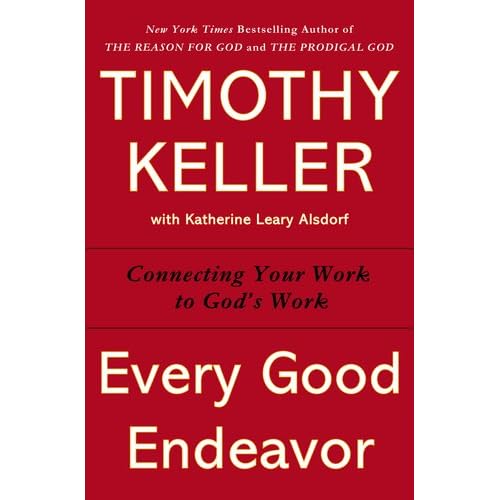This is the final post on a series about Old Earth
Theology. This first post is here.
The teachings of the early church fathers are not part of
the inspired text. However, as the beginning of our church traditions, they are
a study in how orthodox Christianity is understood and taught. So it is
interesting to see how the church fathers interpreted Genesis 1.
To this end, there is a good book out that has a chapter
that discusses it. It’s entitled Coming to Grips with Genesis: BiblicalAuthority and the Age of the Earth. It’s a collection of 14 articles by various
authors in support of YECm. The first chapter written by James Mook details the
teaching of the early church fathers on Genesis 1.
Dr. John Millam, an OEC, has a reasonable critique ofMook’s article. I always like to balance arguments with critiques and responses
from the opposing side. The side who ignores good arguments from the other side
is suspect. While Millam has a good critique, it’s not sufficient as an argument
for OECm. Some of the church fathers taught that the days were 24-hour periods
of time. Some taught that they were figurative periods of time. In looking at
the evidence, however, I found out that the figurative “days” in Genesis 1 were
never explicitly taught as long periods of time prior to Adam and Eve. Instead,
they taught them as a type of eschatology.
I have never heard of this before, so I have had to study
this. This type of eschatology was widely held by various Jewish sects although
they differed on the particulars. It was especially popularized by the rise of
the teaching of the Kabbalah, a school of thought that taught a form of
mystical exegesis. Some scholars argue that the Kabbalah was the origin of the
doctrine of the Trinity. I think that theory is in error. But I also think that
mystical exegesis is in error. Although the Kabbalah helped popularize the
eschatology of Genesis 1, that understanding doesn’t rely on the Kabbalah for
validation.
In fact, varieties of eschatology that use Genesis 1 are
different enough that it’s not wise to speculate on eschatology on that alone.
However, whether the church fathers were YECs or not, it seems most likely that
the eschatological understanding was more important to them. Given that one of
the differences concerned the day the Messiah was to come, the church fathers
certainly understood that he had already come in the person of Jesus Christ.
But I’ll say it again: none of the church fathers taught
any form of an old earth creation. Granted that there are problems with using
them to support a young earth as Millam has pointed out, but even some of Millam’s
arguments are questionable. For example, he argues that while the early church
fathers never taught an old earth, he doesn’t think that they would have
rejected it either. The appeal to this comes oddly after an attack on their
hermeneutics as apparently being vastly different. You can’t have it both ways.
If you say that someone’s interpretive method is questionable, you wouldn’t
want to say that you think they would have supported your position as evidence
that your position is correct. So obviously Millam respects the church father’s
understanding of scripture. Given that never taught OECm, and some were
explicitly YECs, then the evidence suggests that as a body, they would more
likely have accepted YECm.
Additionally, given that some taught that the “days” of creation
were allegorical of all of creation, they believed that creation consisted of
about 6000 years with a seventh indefinite period of time after the
resurrection. What aspects of that are accurate is a different discussion. It’s
intriguing to think that perhaps the millennium in Revelation 20 refers to the sixth
or seventh day of creation. Just don’t tell the strict dispensationalists. That
could stir up a hornet’s nest.
